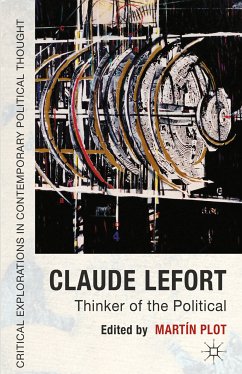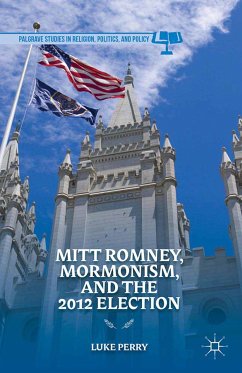'Is Swiss democracy still the slow-moving consensual model that Arend Lijphart described many years ago? Or have the European Union, globalization, immigration, the Swiss Peoples' Party, changes in bank secrecy regulations, and other factors transformed the political system into something else? In this major new book, three Swiss scholars, basing their analyses on hundreds of interviews and close examination of well chosen empirical cases of policymaking processes, show not only how Swiss democracy has been transformed, but why. It is an important and timely examination of, among other things, the impact of the EU on states that are not even members and the effects of immigrant-focused political parties not just on immigration policy, but
on the workings of a nation's political institutions more broadly. It will be of interest to students of comparative politics, parties, direct democracy, and policymaking processes whether or not those readers hold a keen interest in the Swiss case itself.'
Prof. Frank Baumgartner, University of North Carolina at Chapel Hill, USA
'Replication studies are very rare in our discipline of political science. This is why I am particularly pleased with this replication of my own study of the Swiss political system that covered its structure and functioning back in the 1970s. The present study shows how much Swiss politics have changed over the last thirty years and how political power has been rebalanced, at the expense of corporatist policy-making, and in favor of partisan politics, as well as bureaucratic and intergovernmental policy-making. But the present study is far more than just a replication of my earlier work. In addition to the changes in the functioning of this paradigmatic case of a consensus democracy, this truly excellent study also documents the variation of Swiss political decision-making across policy domains, and it assesses its overall character under contemporary circumstances: it suggests that, while drifting towards a form of 'imperfect' consensus, Swiss politics have become at the same time more uncertain and more innovative.'
Prof. Hanspeter Kriesi, European University Institute, Florence, Italy
'This is a splendid book demonstrating the power of sophisticated political analysis. Based on rich empirical data and a variety of methods, the authors provide compelling evidence of important changes in Swiss politics and policy-making. For scholars with an interest into the puzzling politics of Switzerland, this book is a 'must read'.'
Prof. Volker Schneider, University of Konstanz, Germany














